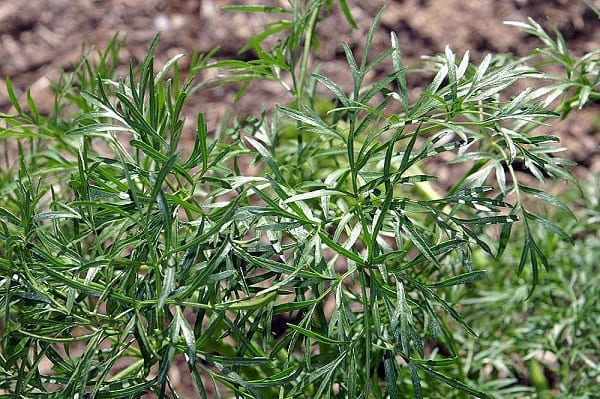
The Institute of Himalayan Bioresource Technology (IHBT), Palampur, has, along with farmers of the remote Lahaul valley in Himachal Pradesh, taken up cultivation of asafoetida (hing) to utilise the vast expanses of wasteland with cold desert conditions of the region, a statement said on Monday.
“The first seedling of asafoetida was planted by Dr Sanjay Kumar, Director, CSIR-IHBT on 15th October at a farmer’s field in village Kwaring of Lahaul valley to mark the initiation of cultivation of asafoetida in India,” said the CSIR statement.
The plant prefers cold and dry conditions for its growth and takes approximately five years for the production of oleo-gum resin in its roots, therefore cold desert areas of Indian Himalayan region are suitable for its cultivation of asafoetida, said the CSIR, under which the IHBT comes.
One of the top condiments in Indian cuisine, asafoetida is a high-value spice crop in India. The country imports about 1,200 tonnes of raw asafoetida annually from Afghanistan, Iran and Uzbekistan, spending approximately $100 million.

READ ALSO: India’s biggest piggery development project launched in Meghalaya
Lack of planting material of ferula asafoetida plants in India was, however, a major bottleneck in the cultivation of this crop.
CSIR-IHBT brought in seeds of asafoetida and made relentless efforts for introduction of this important crop in the country.
The institute introduced six accessions of seeds from Iran through ICAR-National Bureau of Plant Genetic Resources (ICAR-NBPGR), New Delhi in October 2018. ICAR-NBPGR confirmed that in the past thirty years, this has been the first attempt for the introduction of asafoetida seeds in the country.
CSIR-IHBT raised the plants of hing at CeHAB, Ribling, Lahaul & Spiti, under the vigil of the NBPGR.
Himachal Pradesh Chief Minister Jai Ram Thakur announced the introduction and cultivation of hing in the state in his budget speech, on March 6 this year.
An MoU between CSIR-IHBT and Himachal’s Agriculture Department was signed on June 6, a collaboration for the cultivation of hing in the State. A capacity-building programme was organized for officers of the department in July.
IANS
READ ALSO: India prohibits the export of onions




